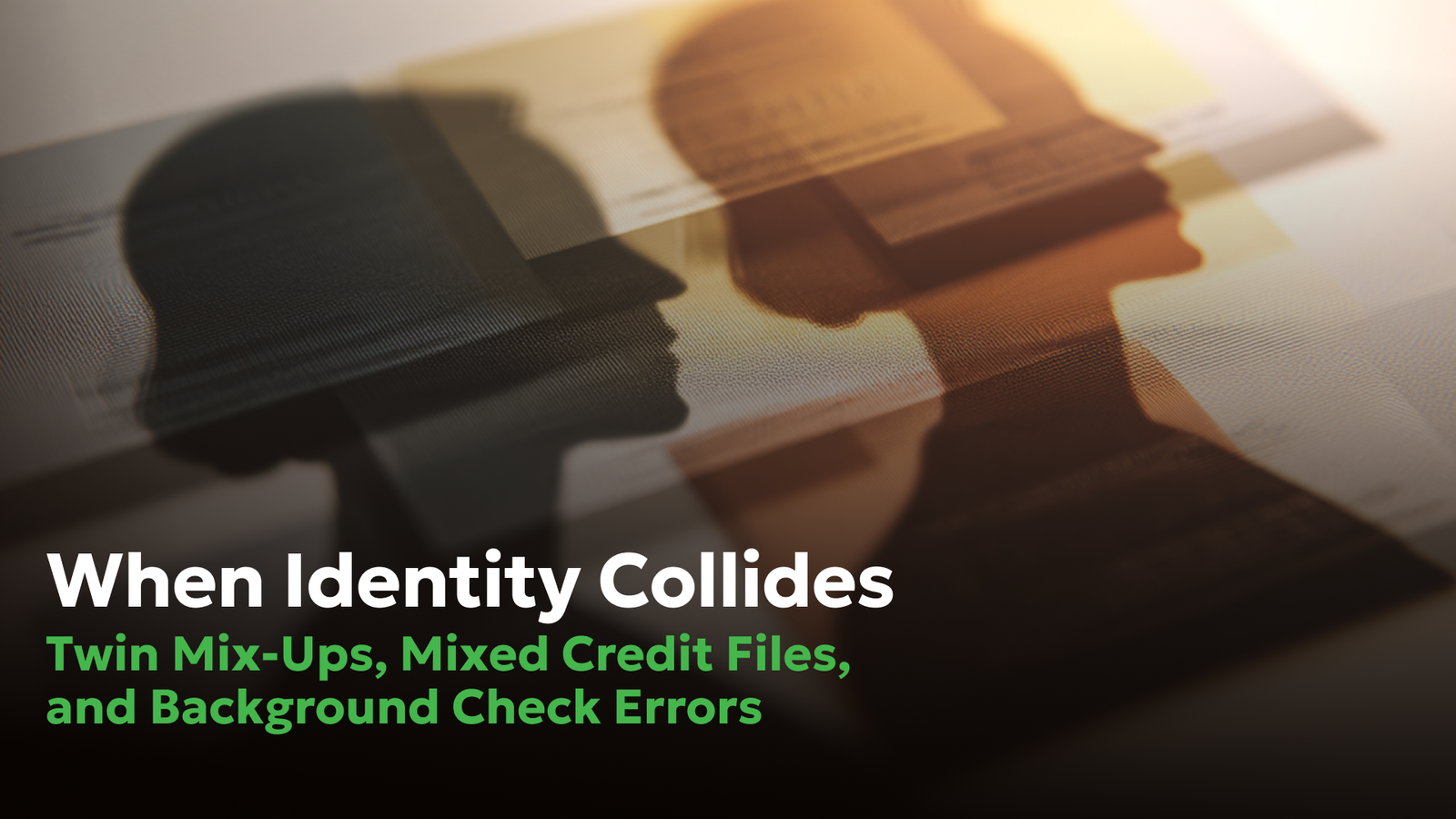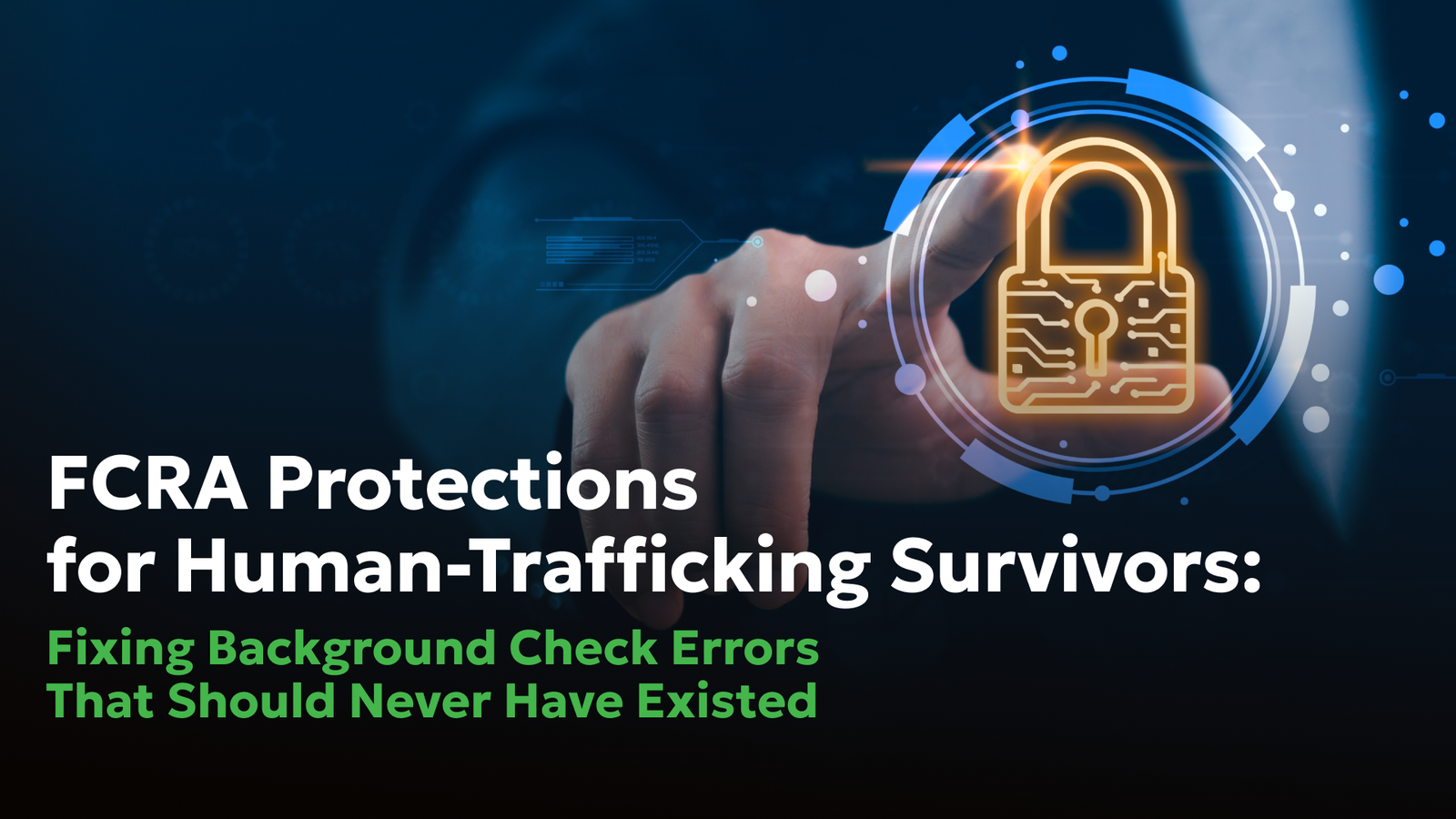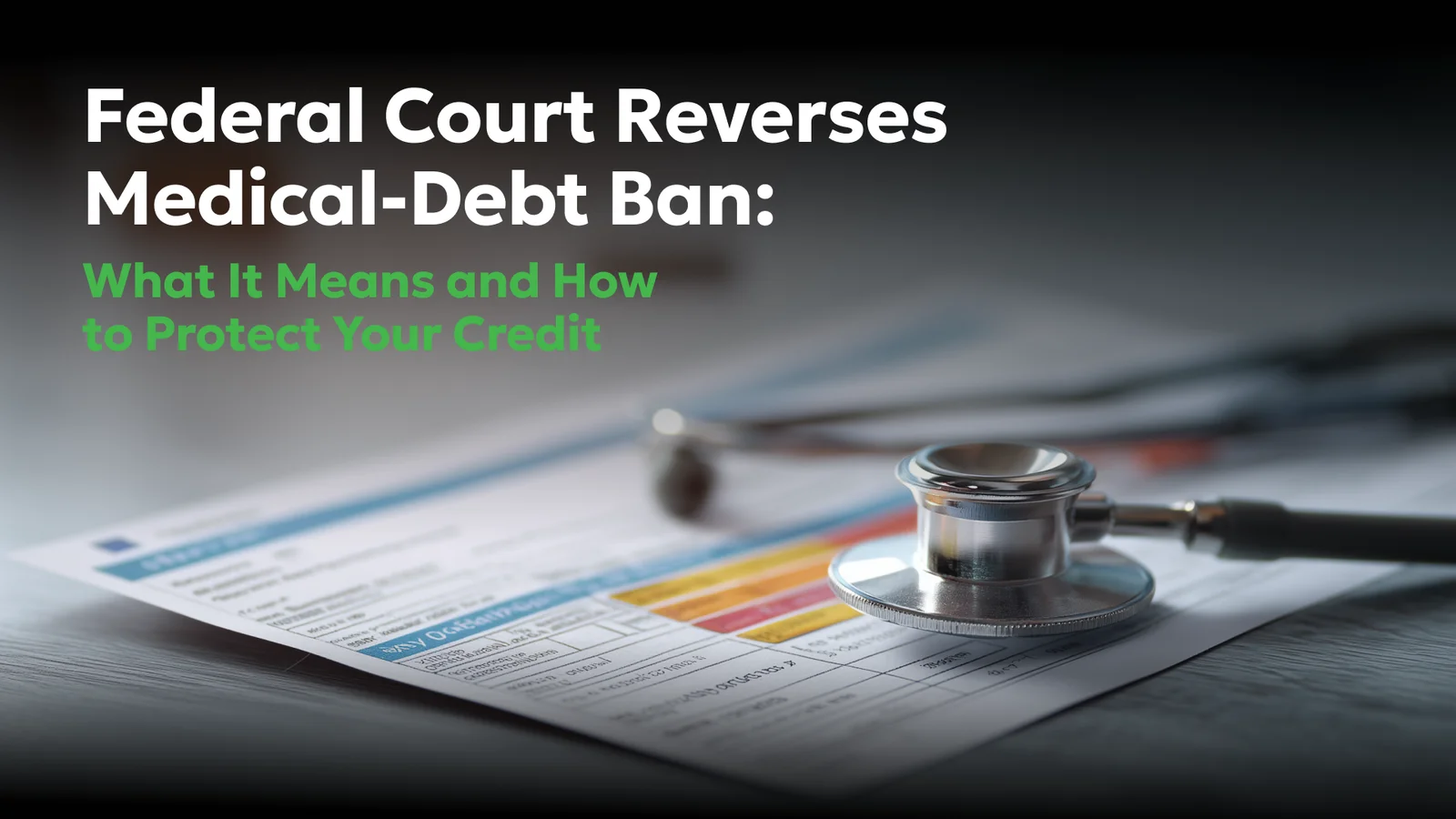Experian Credit Reports: All You Need to Know
- Blog
- Credit Reporting Inaccuracies
Experian Credit Reports: All You Need to Know

Lenders rely on Experian credit reports to determine your creditworthiness. Should they? What to know about Experian.
Experian is one of the three major credit reporting agencies across the U.S., holding credit information on over 220 million U.S. consumers. Lenders and creditors use the data collected by Experian to decide whether YOU are to be provided credit, at what interest rate, and for what term.
When it comes to credit reporting, Experian is one of the most dominant and far-reaching entities in the United States. The company maintains and updates credit files on over 245 million U.S. consumers, making it a foundational source of data for nearly every major lender in the country. Each year, Experian helps generate billions of credit reports - used in decisions about mortgages, auto loans, credit cards, personal loans, and more. These reports include detailed information about payment history, account balances, credit utilization, public records, and inquiries, all of which feed into the credit scores used to measure consumer creditworthiness. Experian’s credit data underpins risk assessment models for banks, credit unions, fintechs, insurers, and government programs, and its databases are queried millions of times per day in real-time. As one of the “Big Three” credit bureaus, Experian is not just a data provider - it is a gatekeeper to financial opportunity in America.
Your credit report may include:
- Personal identifying information: Your name, former and current addresses, Social Security Number, birthdate, phone number, and other information.
- Credit accounts: Your past and current credit cards, mortgages, loans, apartment rentals, utilities, and bank information.
- Hard and Soft inquiries: Your inquiries from potential lenders into your credit in the last two years.
- Public records: Your bankruptcies, collection accounts, liens, and other relevant judicial information.
Additionally, Experian also has other businesses for more targeted inquiries, like Experian rental history and Experian background check.
How does Experian calculate your credit score?
Experian calculates your credit score based on the information from your report, including your payment history, credit utilization, length of credit history, types of credit in use, and recent credit activities. While Experian uses a proprietary formula and weighs each factor differently, one missed payment may decrease your credit score by up to 100 points.
How does Experian know so much about you?
Lenders and creditors have a mutual benefit agreement with Experian. When you apply for a loan, a new credit card, make a payment, miss a payment, use a credit card, file for bankruptcy, or otherwise engage in any financial activity, this information is sent to Experian, which, later on, when it's compiled and structured into a report, is used by the other or same lenders and creditors to decide your creditworthiness. Experian can also get more information from public records databases and make specific inquiries into financial institutions, landlords, or employees.
Why should you check your Experian Credit report?
Although Experian has a legal obligation under 15 U.S.C. §1681e(b) to ensure the "maximum possible accuracy" of the information it provides, a 2021 study by Consumer Reports found that over one-third of Americans had at least one error on their credit report, and nearly 11% had significant inaccuracies that could impact their ability to get credit.
Even a single error in your file can trigger:
- Mortgage, credit or loan denials;
- Rejection from rental housing;
- Higher interest rates.
Under the FCRA, you have the right to a fair and accurate credit report. If a CRA or a data furnisher fails to investigate or correct a disputed inaccuracy, you may be entitled to financial compensation.
How to obtain an Experian Credit Report?
You can get a free copy of your credit report once a year directly from Experian. Otherwise, you can use annualcreditreport.com, once a week, you can get not only the Experian, but also Equifax and TransUnion reports. Prefer not to go online? You can also request your report by phone: 1-877-322-8228.
What to look for when reviewing an Experian Credit Report?
- It is crucial to review your credit history for any inaccuracies, like missed payments, inaccurate balances, and duplicated reporting of the same account.
- Also, you should look for names, addresses, accounts, and hard inquiries that do not belong to you, it might be a sign of identity theft or even a mixed file. What is a mixed file? When Experian collects unchecked data from lenders, creditors, or public databases, reports of people with similar birthdates, social security numbers, addresses, and even names may be combined into one or contain information belonging to another individual entirely.
- In other words, review your credit reports for information that you don’t recognize, as they may lead to a decrease in credit score and credit denials.
- Additionally, Credit reporting agencies such as Experian may leave a “deceased remark” on your report. The mark is used to notify potential creditors that the consumer is no longer alive and is usually placed under an account or on the personal information section of the report.
Is your Experian Credit Report Inaccurate? Here’s what you can do
Dealing with an Experian credit report mistake? You’re not alone - and you shouldn’t have to fix it on your own. At Consumer Attorneys, we focus on one thing: we help consumers fix credit reporting errors and hold Experian accountable. We know Experian. We know how these mistakes happen, we know FCRA and most importantly - we know how to hold them accountable! If your credit report is hurting your life or finances, we’ll step in, fight back, and work to set it right.
Here are some instances of when we have sued Experian and received a result that our clients found satisfactory:
Case of Jacob vs. Experian
We represented Jacob from California after Experian mistakenly marked her as deceased on her credit report. As a result, he lost financial opportunities, endured emotional distress, and spent significant time trying to correct the error. The case was resolved with a settlement that Jacob found satisfactory.
Case of Gina vs. Experian
We assisted Gina from Massachusetts after Experian inaccurately reported the balance on her student loans, doubling the actual amount owed. The error significantly damaged her credit score and creditworthiness. We reached a settlement that Gina considered a strong outcome.
Your Credit. Your Record. Your Rights
We have represented thousands of consumers who find themselves at odds with Experian, other consumer reporting agencies, background check companies, and many others. Our goal is to hold these companies accountable when they make mistakes that hurt you, to get consumers the compensation they deserve, and to make sure things are as fair as they can be.
You don’t have to navigate this alone. We’ve helped thousands of consumers across the country fight back against credit report errors, background check mistakes, and false “deceased” notations. Let us help you, too. There’s no cost to speak with our legal team.
Frequently Asked Questions
Yes. A single error on your Experian credit report can lead to higher interest rates and loan denials. We've seen clients rejected for mortgages over minor inaccuracies. These aren’t just numbers - they’re life-changing outcomes.
No. Our services are offered on a contingency basis, which means you don’t have to pay us out of pocket. If we win your case, our fees are paid by the defendant - typically the credit bureau responsible for the error.
We recommend keeping copies of your credit reports, any disputes you’ve submitted, responses (if any), letters from lenders or landlords, and, at the very least, screenshots of errors or denials. The more detail, the better - but even if you’re unsure, contact us, and we’ll guide you.
Absolutely. If a lender or a debt collector sends false or outdated info to a credit bureau and refuses to fix it even when you provided sufficient proof in an official dispute, you may have a claim against them, too - not just the credit bureau. Under the FCRA, both can be held responsible.
Yes - in most cases, correcting inaccurate information can lead to an immediate improvement in your credit score. Removing false late payments, duplicate accounts or inaccurate balances can restore lost points and help you qualify for better financial opportunities.


Daniel Cohen is the Founder of Consumer Attorneys. Daniel manages the firm’s branding, marketing, client intake and business development efforts. Since 2017, he is a member of the National Association of Consumer Advocates and the National Consumer Law Center. Mr. Cohen is a nationally-recognized practitioner of consumer protection law. He has a we... Read more
Related Articles




R
ONGS™You pay nothing. The law makes them pay.







